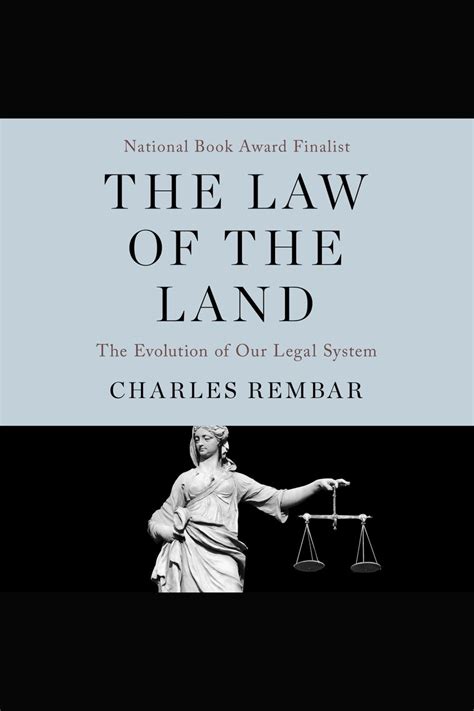A Quote by Washington Irving
He who thinks much says but little in proportion to his thoughts. He selects that language which will convey his ideas in the most explicit and direct manner.
Related Quotes
He who thinks much says but little in proportion to his thoughts. He selects that language which will convey his ideas in the most explicit and direct manner. He tries to compress as much thought as possible into a few words. On the contrary, the man who talks everlastingly and promiscuously, who seems to have an exhaustless magazine of sound, crowds so many words into his thoughts that he always obscures, and very frequently conceals them.
We forget that, although freedom of speech constitutes an important victory in the battle against old restraints, modern man is in a position where much of what "he" thinks and says are the things that everybody else thinks and says; that he has not acquired the ability to think originally - that is, for himself - which alone gives meaning to his claim that nobody can interfere with the expression of his thoughts.
Every man, in proportion to his virtue, considers himself, with respect to the great community of mankind, as the steward and guardian of their interests in the property which he chances to possess. Every man, in proportion to his wisdom, sees the manner in which it is his duty to employ the resources which the consent of mankind has intrusted to his discretion.
As man reaches out toward the twenty-first century, he will learn to be suspicious of all ideas that are not formulated so that they can be tested by observation. He will realize that the history of human thought shows that the ideas of which we are surest are the ones we most need to test. He will realize that his common sense only mirrors his training and experience. What seems natural and right to him is usually a reflection of the conditions under which he spent his first decade of life.
The poet presents the imagination with images from life and human characters and situations, sets them all in motion and leaves itto the beholder to let these images take his thoughts as far as his mental powers will permit. This is why he is able to engage men of the most differing capabilities, indeed fools and sages together. The philosopher, on the other hand, presents not life itself but the finished thoughts which he has abstracted from it and then demands that the reader should think precisely as, and precisely as far as, he himself thinks. That is why his public is so small.
By a generative grammar I mean simply a system of rules that in some explicit and well-defined way assigns structural descriptions to sentences. Obviously, every speaker of a language has mastered and internalized a generative grammar that expresses his knowledge of his language. This is not to say that he is aware of the rules of the grammar or even that he can become aware of them, or that his statements about his intuitive knowledge of the language are necessarily accurate.



































